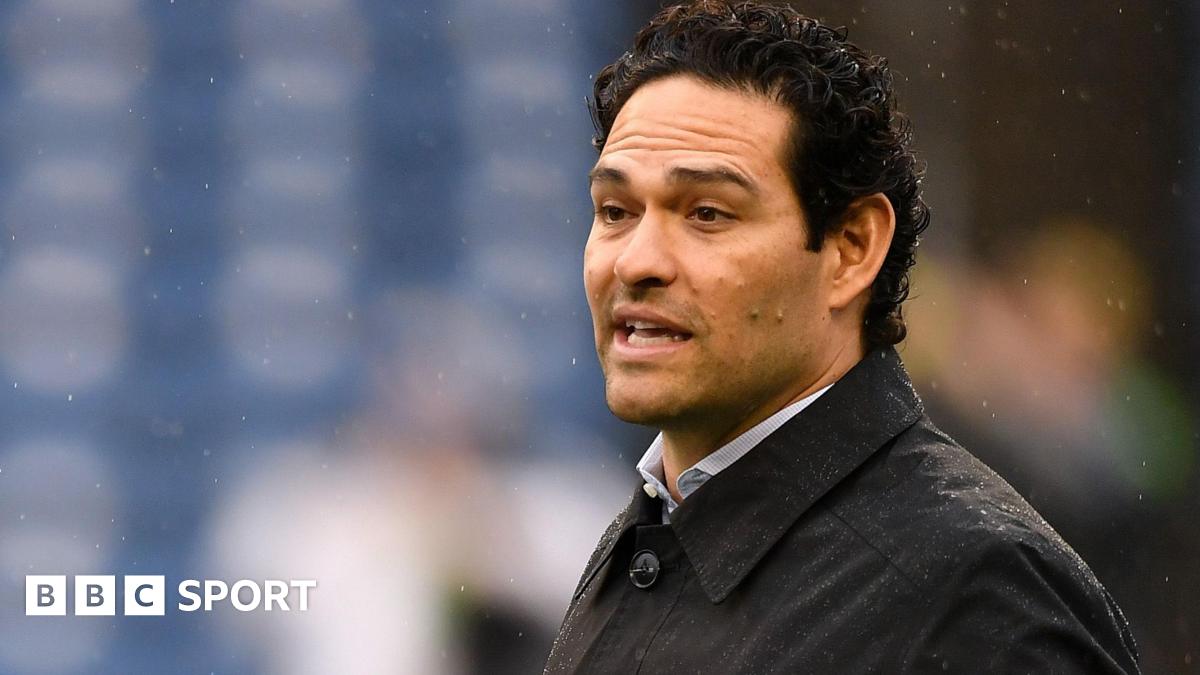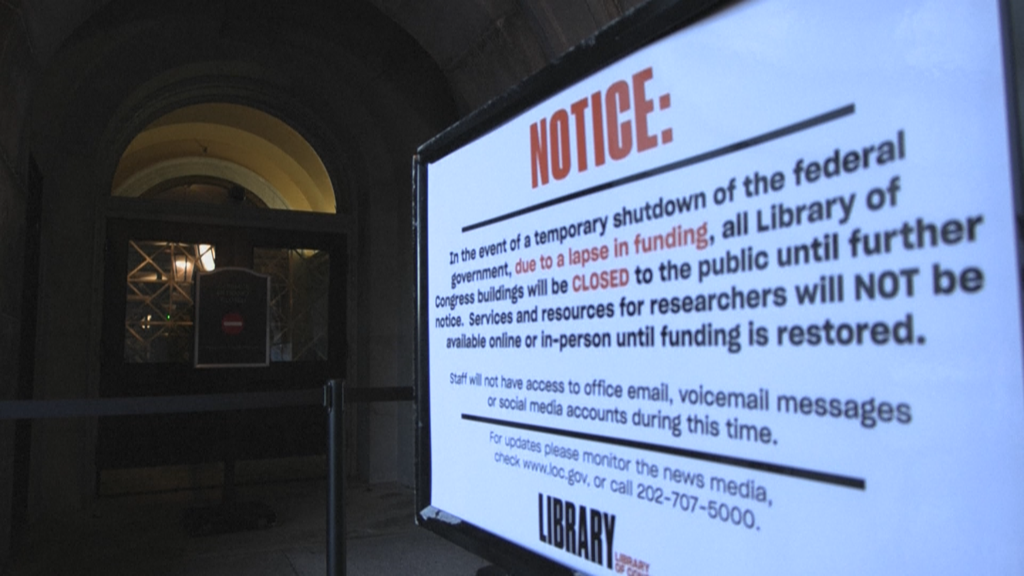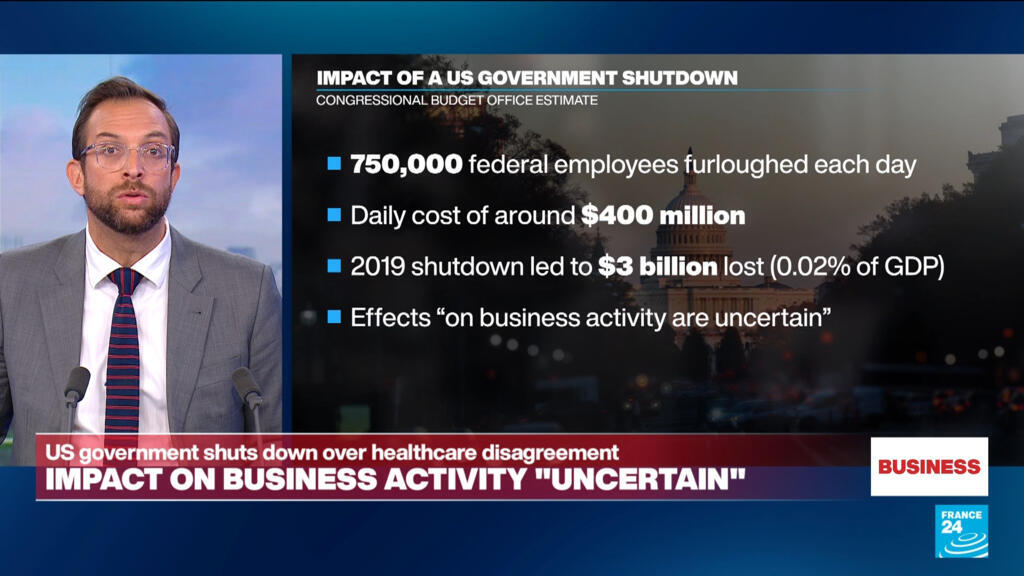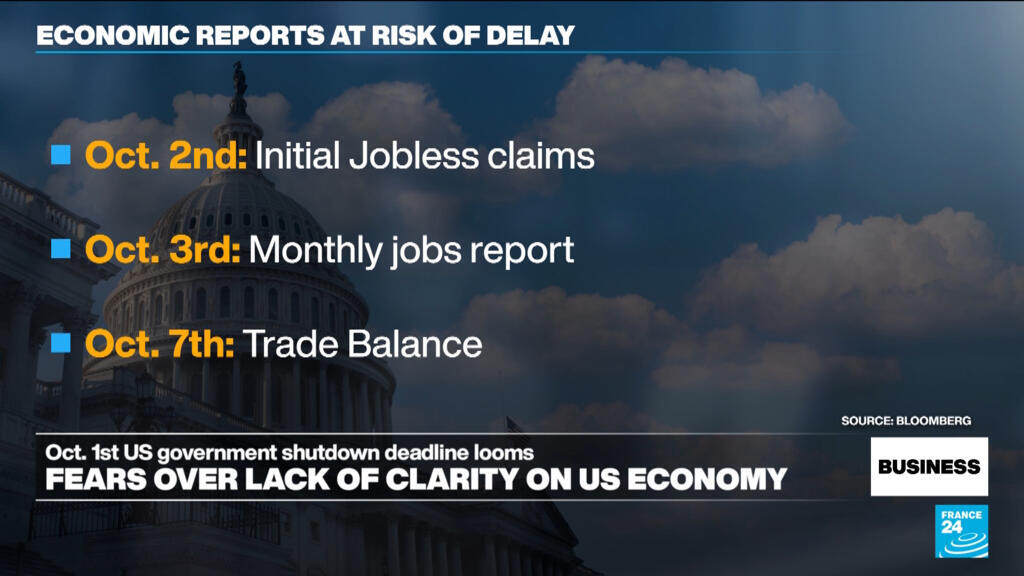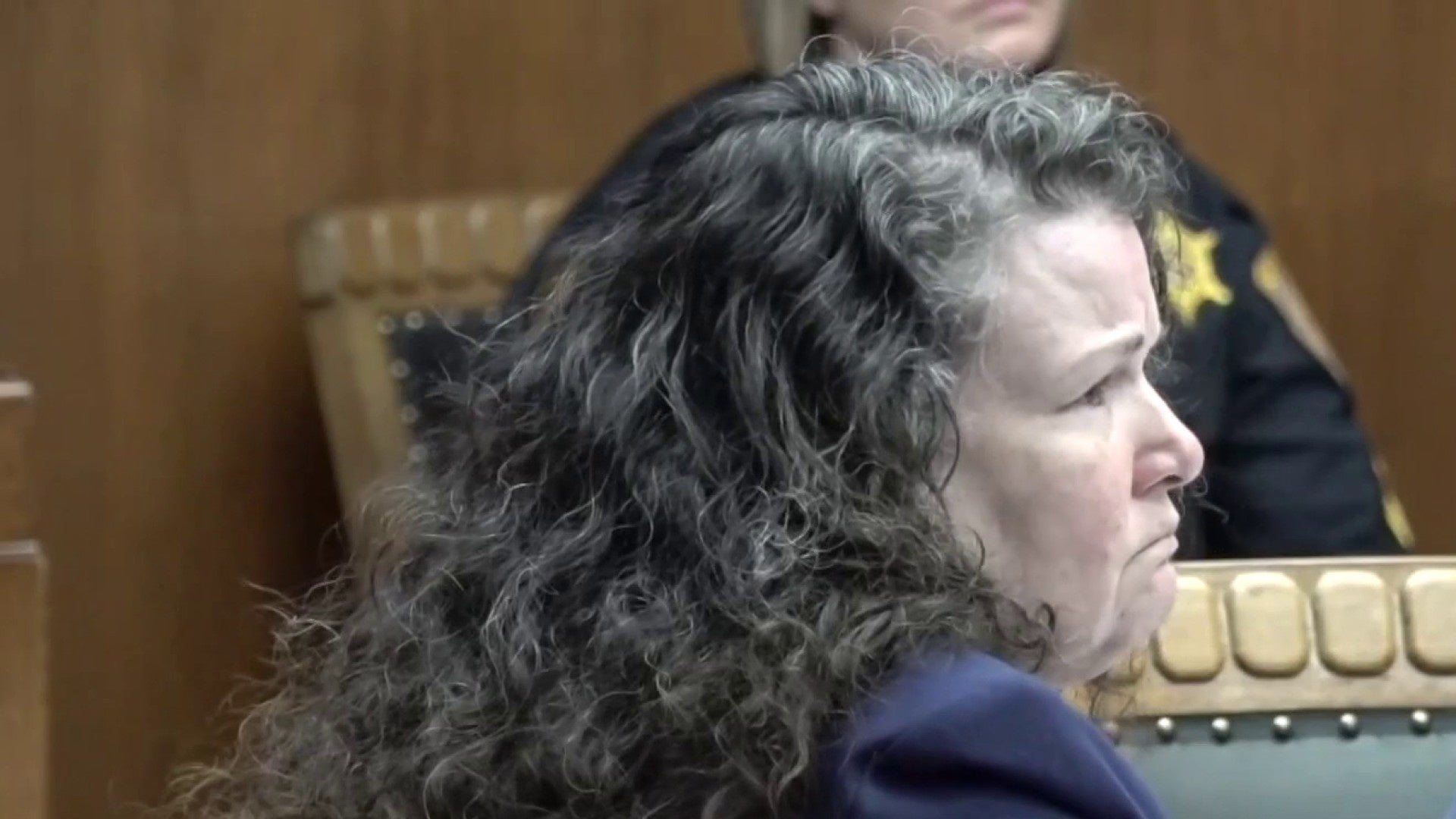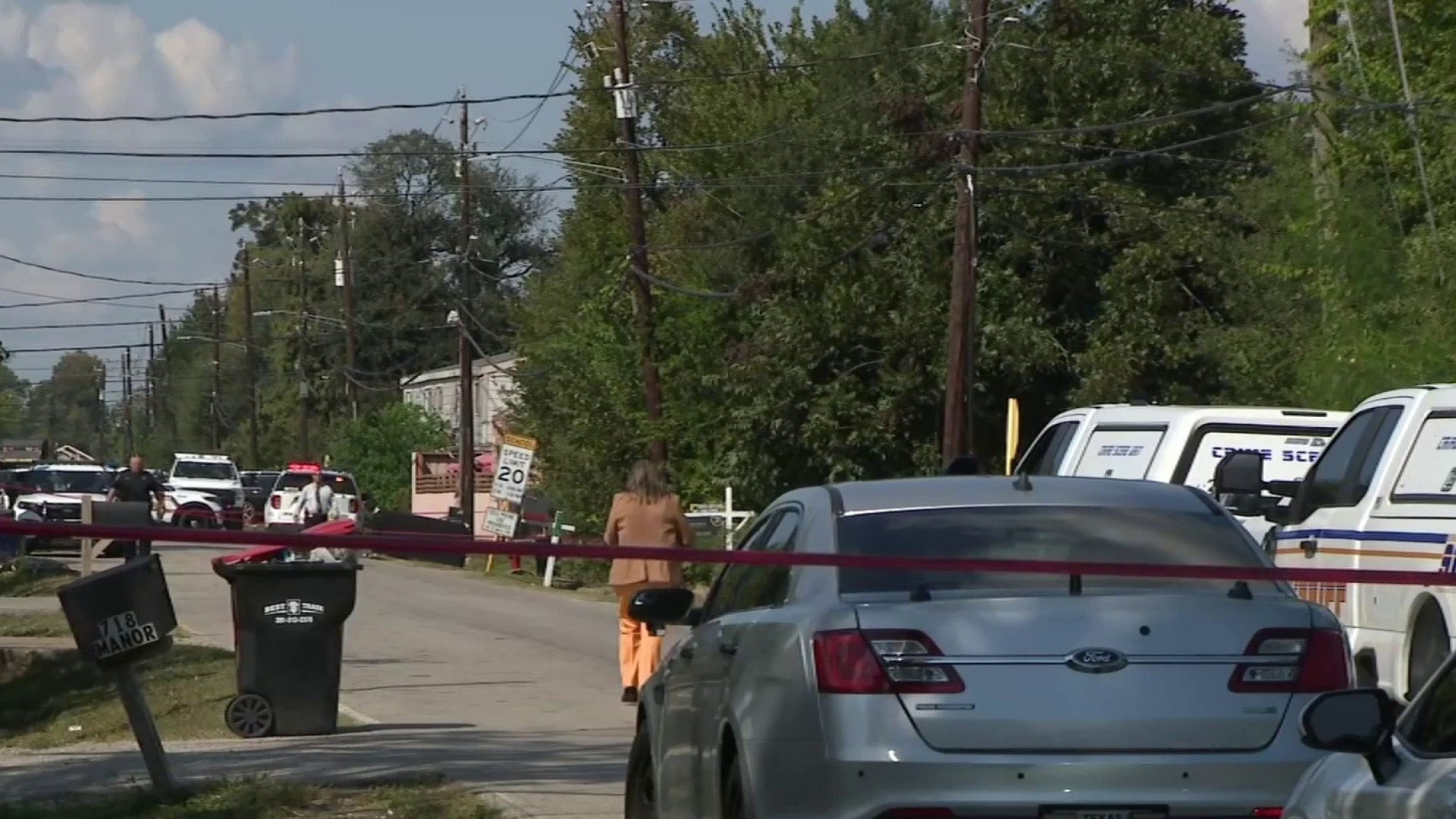The Ins and Outs of Texas Increasingly Using Uncertified Teachers
Demetrius Lott has wanted to be a football coach since he was a child. He has a four-year degree in physical education but he’s missing a certificate that would allow him to call plays on the sidelines rather than clean bathrooms at Cypress-Fairbanks ISD’s Ken Pridgeon Stadium under the Friday night lights. He’s been working […] The post The Ins and Outs of Texas Increasingly Using Uncertified Teachers appeared first on Houston Press.


Demetrius Lott has wanted to be a football coach since he was a child. He has a four-year degree in physical education but he’s missing a certificate that would allow him to call plays on the sidelines rather than clean bathrooms at Cypress-Fairbanks ISD’s Ken Pridgeon Stadium under the Friday night lights.
He’s been working as the head custodian at Bleyl Middle School in the Cy-Fair school district for almost 20 years. Last summer, his local American Federation of Teachers union president Nikki Cowart gave Lott a nudge.
“She was such a blessing to me,” Lott said. “She didn’t know I had a degree. She said they had a program that could help me get certified. I was just like, sign me up.”
CFISD is one of just a few districts in Texas that partners with iTeach for a low-cost certification program exclusively for union members. The hope is that once prospective teachers finish their certification, they’ll be hired at Cy-Fair, the union president said.
“I have so many paraprofessionals who would love to become certified teachers and have already dedicated years of service to Cy-Fair,” Cowart said. “They just can’t flippin’ afford it.”
Lott, 47, says he hopes his story will inspire others to take the licensing classes while maintaining non-classroom jobs. He says he daydreams about coaching while he’s working at Bleyl Middle School, mopping floors and emptying trash.
He started his certification program in June and hopes to have his teaching certificate by spring break. He’s already referred to as “Coach” by his fellow union members but is following a rigorous schedule to “do things right” and actually earn the title, he said.
He goes in early every weekday to the middle school for observation hours, works from 3 to 11:30 p.m., and does his online certification coursework in the middle of the night and on weekends. He’s required to attend an in-person, seven-hour certification class one Saturday a month.
But Lott is an exception. Thousands of teachers across Texas are working toward their certification while already teaching in a classroom, something that many parents and students call outrageous. Unlicensed teachers are expected to provide an education when they haven’t yet been certified in the subject matter and aren’t familiar with best practices and classroom protocols.
And if they don’t finish their certification in a two-year time frame, they’ll be fired, creating another empty classroom and leaving the would-be teacher looking for a new career.
More than half of Texas’ new-to-profession teachers are uncertified, and as public education enrollment drops and more teachers resign or are terminated, the likelihood that the people educating local youth aren’t certified has spiked.
For their part, many seeking to become teachers recall fond memories of an educator who believed in them when they were a child. They want to give back and make the world a better place, they say. But public education has changed, seasoned teachers tell the Houston Press.
Last year, Houston ISD reported 2,097 uncertified teachers; the number has since grown to about 2,500, or one in four, according to district data. HISD Superintendent Mike Miles, who is himself uncertified, said at a board meeting last week that 1,700 teachers were uncertified last year.
However, there have been various reports that indicate the number is much higher. Miles said the district experienced some of the highest growth in its history last year, “because the principals and executive directors of instruction help teachers grow quickly.”
The latest available numbers reflect that there were 861 uncertified teachers at Aldine ISD, 202 at Cy-Fair ISD, 111 at Spring Branch ISD, and 73 at Fort Bend ISD during the 2023-24 school year.
Statewide, about 42,103, or 12 percent, of public school teachers are uncertified, according to the Texas Education Agency. The number has steadily climbed since the 2019-2020 school year, when there were 12,908 uncertified teachers statewide.

Cameron Campbell served as a head coach and athletic director for the KIPP Houston charter school and now works as an entrepreneur and motivational speaker. Katy ISD, where Campbell’s kids are enrolled, reported no uncertified teachers last school year.
Campbell said he supports having professionals get some classroom experience while they’re working toward certification — particularly those who have already had a career in a trade. A retired engineer teaching Algebra I, a hairstylist teaching cosmetology, or a mechanic teaching shop class could offer a fresh perspective, Campbell said.
“My point of view is probably different from [that of] a lot of progressive political folks,” he said. “I think it’s actually a really healthy thing. I know a ton of retired professional athletes, and most times, the first thing they want to do is go coach at their kids’ school or find a school that needs help and contribute and give back.”
“They’re qualified but not certified,” he added. “You should see the looks on their faces when you tell someone who played in the NFL for 10 years and won a Super Bowl that they can’t coach a seventh-grade C team football team.”
This theory doesn’t appeal to everyone. The advocacy group Raise Your Hand Texas found that students with new uncertified teachers lose about four months of learning in reading and three months in math unless the teacher has previous experience working in a public school. Forty-three percent of first-time, uncertified hires in Texas teach elementary and early education students, according to Raise Your Hand.

There’s a lot of talk among seasoned educators about pedagogy — the method and practice of teaching — which comes from classroom experience, said Ruth Kravetz, cofounder of Houston-based Community Voices for Public Education.
Kravetz says teaching is a craft and a skill. “If a lady was cutting hair the year before — not that cutting hair is a bad thing — but it’s completely unconnected to teaching,” that’s cause for concern, she said.
Kravetz added that charter schools disproportionately hire uncertified teachers, which is important to note when comparing Houston ISD data to the statewide numbers — but she’s quick to point out that the uncertified teacher “epidemic” is not a manufactured crisis.
“This is a crisis,” she said. “You’ve got an epidemic of teachers fleeing the field. Why are people leaving in high numbers? Partially COVID, partially pay, and partially because test scores have so narrowed the curriculum and the concept of what constitutes quality instruction. The highest turnover is in the highest-need communities.”
And those longtime teachers are being replaced by uncertified and young, inexperienced teachers, she added.
“Just because you’ve been teaching for 10 years doesn’t mean you’re good but if you are a first-year anything, it means you’re not as good as you can be, and in some cases, you’re really, really bad,” Kravetz said. “It does matter if a high percentage of teachers are uncertified. Some people are extraordinary without credentialing and training. There are naturals.”
“But most people, you have to practice at things to get good at them. Shell [Chemicals] would not survive if one in four of their soap and detergent chemists making the laundry detergent were fresh out of college. There are just things people learn on the ground.”
Texas Tech University professor Jacob Kirksey studied the Lone Star State’s uncertified teacher crisis for a policy brief published last year and updated in April.
“There’s a staggering rise in the employment of uncertified teachers, driven by acute staffing shortages and the flexibility offered by the state’s District of Innovation plans,” Kirksey said in the study. “This reliance on uncertified educators is raising alarms among educators and policymakers alike. Concerns are mounting over whether these teachers, often entering the classroom having never worked in public schools, are equipped to meet the demands of today’s classrooms.”
When Cy-Fair ISD became a District of Innovation in 2024, “it opened up some gray area around non-certified,” allowing the district to pull certified teachers to lead classrooms that cover topics they’re not certified in, Cowart said.
Kirksey’s research shows that uncertified teachers who have already been in a classroom tend to complete low-quality online programs, which have been linked to poor student outcomes. Additionally, students with uncertified new teachers are significantly underdiagnosed for dyslexia and are more absent from school, according to Kirksey’s research.
That’s why Cy-Fair is touting its partnership with iTeach, which helps cover certification costs and puts prospective teachers through a rigorous program that includes instruction techniques before they lead a classroom.
“If you aren’t, at the bare minimum, going through an alternative certification program, I just feel like you’re not getting that pedagogy of classroom management,” Cowart said.
HISD has gotten desperate to fill classrooms since a 2023 state takeover ushered in Superintendent Miles, appointed by TEA Commissioner Mike Morath, and a handpicked board of managers — and ushered out more than 7,000 district employees over a two-year period.

Teachers have cited low pay, a lack of support, and a punitive environment as their reasons for leaving. Many have lamented the rigid, formulaic teaching models Miles initiated, such as using AI-generated PowerPoint presentations.
Miles said at an October 9 board meeting that the district is in an “age of teacher shortages and lack of certification” for the foreseeable future.
“Just like any other district in Texas and the United States, every large district, we’ll see the need to hire teachers without certification or who have to be working toward certification,” he said. “The reason we’ve been successful even with the number of teachers without certification is that our model is designed to grow teachers quickly. Teachers who have never been in the classroom have to grow quickly in order for their kids to do well.”
Last week, Houston Endowment announced a $450,000 grant to the education nonprofit TNTP to support four Houston-area school districts — Fort Bend, Houston, Humble, and Pasadena ISDs — in implementing plans to increase their number of certified teachers.
“The grant comes at a pivotal moment for Texas schools as more than half of teachers hired statewide in the 2023–24 school year were unlicensed,” Houston Endowment officials said in a press release. “Under House Bill 2, signed into law in June 2025, school districts must reduce their reliance on uncertified teachers in core subjects to no more than 20 percent by the 2026–27 school year, with the cap dropping incrementally to just 5 percent by the 2029-30 school year.”
Where Have All the Teachers Gone?
Houston ISD announced recently that nearly 450 employees were cut or reassigned last month amid enrollment declines. A district spokesperson said at the time that performance and certification were prioritized when the cuts were made, and 160 uncertified teachers lost their jobs.
More than 230 teachers were reassigned to adjust to lower enrollment. At least 28 of those fired were union members working as teacher apprentices, and the Houston Federation of Teachers has said it plans to appeal. The union has also sued the school district for pay bonuses and is planning to go to trial on October 22.
HFT Chief of Staff Corina Ortiz said prospective HISD teachers are “burning the midnight oil,” taking online classes while working full-time jobs and paying thousands out of pocket to get their certification, only to be fired before they can complete it.
“It’s truly distressing to people who just want to come in and help kids. They want to teach kids,” Ortiz said. “It’s a lot of time, it’s a lot of energy and it’s difficult to finish that program. It’s even more difficult now because what we’re finding with this group of young teachers that are uncertified, they have no mentoring. In Mike Miles’ world, it seems like teachers are dispensable and certifications aren’t necessary.”
The union has won a few appeals to have teachers reinstated but the most common outcome is a settlement agreement, Ortiz said. HFT has filed 309 grievances against HISD in the past year.
“Here’s the travesty of it all,” Ortiz said. “These folks come into the profession wanting to be teachers. Because of the experience they’ve had and how negative it’s been, the majority of them decide they don’t want to be anywhere near teaching. My fear is we’re going to lose several generations of kids if education remains in the hands of people who are driven not only by money but by political agendas.”
Cowart, the Cy-Fair union official, said she understands the concern about uncertified teachers. She said she was baffled when she heard at a conference that some districts are hiring “PTO mommies” to teach because they need a body in the front of the room.
The Houston Press spoke to several former Houston ISD teachers who either recently resigned or were fired. They all said it was difficult to work under the Mike Miles administration, and it wasn’t what they’d signed up for when they got into education.
One woman taught French for 14 years in Spring Branch ISD and signed a contract with the Houston school district last year. She was gone by May, claiming she was constantly written up for minor infractions such as leaving the classroom to use the bathroom.
She has untreated anxiety and panic attacks. She no longer has health insurance and she’s looking for employment at small businesses in her Montrose neighborhood.
“I’ll never teach again,” she said.
Librarian Brandie Dowda was fired from Houston ISD two years ago and took a higher-paying job at Katy ISD. HISD has downsized to fewer than 30 librarians throughout the district because “Mike Miles doesn’t believe in libraries,” Dowda said.
“We were kind of the unwanted stepchild,” she said. “It’s highly ironic that the solution to literacy issues is to get rid of libraries and librarians. Make it make sense.”
The district has implied that the teachers who are leaving were not doing a good job, but Dowda says the teachers who are leaving are actually experienced, certified educators who don’t want to teach off AI-generated PowerPoints.
“There are tons of uncertified teachers,” she said. The draw is the potential to make an $80,000 salary, “but they don’t read the fine print,” which Dowda says outlines performance measures that are constantly changing.
“They get fired if they aren’t certified within two years but most of them don’t make it that long,” she said. “Teaching is a really difficult job, even if that’s what you love to do.”
“Honestly, at this point, if the TEA stepped away and we got rid of Mike Miles, and we had an elected board and hired a superintendent with a background in education, it would take at least a decade to repair the damage,” she added. “It’s that bad. They’re scrambling to empty water out of a sinking ship that they poked the holes in.”
According to the Texas Association of School Boards, districts have to notify parents when an unlicensed teacher is overseeing their child’s classroom. HISD parent Kathleen Zinn recently shared an email she wrote to administrators at Lanier Middle School to advise them that her daughter was without an algebra teacher for almost a month.
“Three weeks is ABSURD!” Zinn wrote in the email, for which she didn’t receive an immediate response. “Plus, it does not address or excuse the piss poor job done by [a department director] — telling children to teach themselves. And shaming them for being confused and asking questions. The kids were told that if unable to figure out the work, they (meaning the students) are not Lanier Leaders because they don’t embody the problem-solver IB characteristic. Absolutely shaming and disrespecting these kids. Unacceptable.”

Another former HISD teacher said she was laid off due to low enrollment at her school but found out days later her position was filled by someone else.
Danielle Cockrell, a certified high school algebra teacher at Cypress Lakes, changed careers after she was laid off from Lucent Technologies in 2002.
“My unemployment ran out and my sister-in-law suggested I start subbing,” she said. Cockrell slid into a paraprofessional role when the position opened up and found herself frequently alone at the front of a classroom because the assigned teacher was often absent. School officials told her that if she was going to do the job, she ought to get the certification.
She got the license and is now vice president of the Cy-Fair AFT union. She says it’s a hard time to be a teacher. The major issues facing teachers in her district are “pay and being respected,” she said. Public education has changed, she added.
“Now we have students who are coming to school, I’m just going to be honest, to sell dope, or because it’s a place where they can have food, or for social aspects,” Cockrell said. “The last thing they’re coming to school for is academics. If you come into education thinking that everything is going to be like it was when you were in school, no. If they’re not flexible enough to understand and work with students who are not like them, they’re going to leave.”
Students want to talk about immigration raids, Trump policies, and Sean “Diddy” Combs, but Cockrell says she directs them back to math. She has some youth in her classes who come to school hungry and thirsty. She buys cases of water at Costco so she can share with students. Before a statewide cell phone ban went into effect this year, Cockrell traded her students a bottle of water if they’d leave their phones on her desk for the duration of the class.
“There are days I would love to go back into corporate, but when you see a student who thought they couldn’t learn, or they finally get the concept, or you see a future in a child, it makes those hard days worth it,” Cockrell said.
She ran into a Cy-Fair graduate while she was out doing Christmas shopping a few years ago. He was enrolled in college and introduced Cockrell to his fiancée.
“I was ready to quit that day. I would rather flip burgers than go back to the classroom,” Cockrell said. But the student told her he’d always remembered that she taught him that when he’s faced with something difficult, he should ask himself, “Is it hard work or is it just a lot of work?”
“I had to let him know that day, because of what he said to me, I went back to work,” she said.
Certification Process
On a recent Friday afternoon at Bleyl Middle School, teachers and Principal Michelle Provo shared how proud they were of their head custodian Lott for working toward his teacher certification.
Provo said Lott doesn’t have much interaction with students because he starts his shift at 3 p.m., but she can tell he’s a natural leader. His eight crew members look up to him and “you can tell they want to make him proud,” Provo said.
“He was out for a couple of days and when he came back he brought us all barbecue,” she said. “He’s gentle but he’s in charge. And don’t get me started on him walking me to my car. If I stay late, he will not let me leave unless he walks me to my car.”

Lott says he just wants to make a difference for young people like his coaches did for him. He played football at Eisenhower High School in Aldine ISD and was a nose guard for the Butte College Roadrunners in the late 1990s. After playing ball at Butte, Lott got his bachelor’s degree in physical education at the University of Marion in North Dakota.
“I played sports all my life and I love being around sports,” Lott said. “I always had the passion to coach. I felt like this [opportunity to get certified] was God telling me, if this is your calling, then I’m going to put you in the right position with the right people to make this happen for you.”
Why don’t more people just do what Lott did and get the certification?
Because the certification process is difficult, it’s expensive, and then the teacher still has to find a job and navigate a career change in an unprecedented public education climate, Lott said.
“I understand the pedagogy part, but it’s a lot of stress and a lot of people are not good test-takers,” Lott said. “I have a couple of friends who went through the program and they just bombed the test like three or four times. They’re terrified to take it again. That forces them to move on to another career. I don’t think it’s fair.”

Lott, who has one child who graduated from Prairie View A&M University and another currently enrolled, said he wants to prepare youth for college.
“My parents never went to college, so it was hard for me to know what the do’s and don’ts were,” he said.
He spent about $2,500 out of pocket for his certification and the iTeach program covered about $2,000.
Cockrell, the Cy-Fair math teacher, did a one-year in-person certification program with Texas Teachers and was employed in a classroom while she was completing her coursework. She spent about $6,000 out of pocket, she said. Some programs don’t take payment until the certified teacher has a job, and the teacher has one year to pay it off, Cockrell said.
“For me, I needed a job and I needed to make more money,” she said. “I had two bachelor’s degrees in business and at that time I just could not get a job anywhere else.”
When Cockrell completed her certification — almost 20 years ago — she was told that those who go through an alternative teaching program last about three years on the job before quitting. Today, about 45 percent of unlicensed teachers in rural communities stay in teaching beyond three years, according to Raise Your Hand Texas.
New people are hired on as teachers whenever the oil and gas business slumps, Cockrell said, but they don’t stick around. Sometimes that’s because they didn’t get the proper training and weren’t prepared for what to expect, she added.
“If you’re in a certification program where you’re learning to work with children of all levels, you’re getting some education, but if you’re a teacher who does not have that support, that is a disservice not only to the children but to the teacher,” Cockrell said. “You might as well just be a long-term sub.”
Lott says his classmates in the iTeach program are secretaries, paraprofessionals, and groundskeepers who are trying to better their lives and need some encouragement and support. The Cy-Fair custodian said he was worried about taking classes since he’s been out of college for 20 years.
“It’s not even about not being able to afford it. It was about the push that Nikki gave me,” Lott said of the union president encouraging him to go for it. “She calls me Coach right now. She more or less inspired me to go ahead and put my best foot forward.”
“I am going to be so overwhelmed, so overjoyed when I finish everything,” he added. “I know where I came from. I told my friends, I might shed a tear.”
chrome-extension://efaidnbmnnnibpcajpcglclefindmkaj/https://www.houstonpress.com/wp-content/uploads/2025/10/uncertified-teachers-historic-2024-2025-TEZ.pdf

The post The Ins and Outs of Texas Increasingly Using Uncertified Teachers appeared first on Houston Press.



































